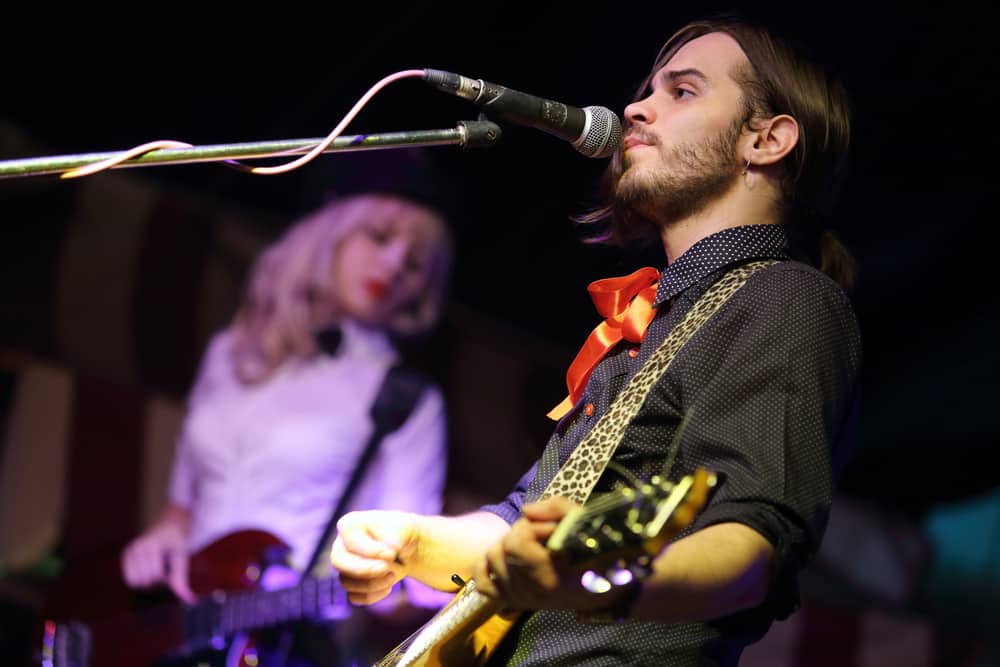Patent and Copyright Laws are made by Congress as provided for in the United States Constitution. The founders of our country recognized that for the country to make progress, inventors, Authors, Composers, and artists would need protection for their intellectual property, especially regarding their rights to commercialize and profit from their creative work.
They used the term “useful arts” and were clear that by passing strong protective laws Congress would provide for the nation’s future economic growth. There is indeed a strong correlation between strong copyright laws and economic growth in countries around the world, and most countries have laws in place that model what we have in the United States.
More recently, Congress passed the Music Modernization Act of 2018 (MMA). This law was the first major legislation to affect music royalties passed since the Copyright Act of 1976. The act is favorable to musicians and should increase payments to many Songwriters and Producers, especially from streaming platforms. (See my article explaining what’s in the MMA here.)
